Summary
- A faulty CrowdStrike software update caused global IT system outages on 8.5M devices, leading to flight cancelations and disruptions worldwide.
- Delta Air Lines had 25% of its East Coast operations canceled, while United Airlines and American Airlines faced fewer disruptions.
- Airlines like Southwest and FedEx using older Windows systems remained unaffected despite the global IT outage.
After a recent outage of IT systems worldwide, the airlines based in the United States are now back on track to resume normal service. From issues with checking in passengers to tracking inbound and outbound luggage at airports, and even delays with processing passengers at border control, the aviation industry in several areas was significantly affected on Friday and Saturday.
A faulty update
The issue that popped up and rippled across the world on Friday originated with the deployment of a faulty software update by the cybersecurity organization CrowdStrike. The update affected over 8.5 million devices running on Microsoft Windows OS (Operating System), resulting in systems crashing and displaying the “blue screen of death”.
Considering that a significant number of airport and airline operations today rely on computers and technologies, aviation was among the industries most impacted. Airlines worldwide canceled thousands of flights, which resulted in many passengers, crew members, and aircraft ending up in the wrong places.
Photo: Markus Mainka | Shutterstock
According to CBS News, the flight tracking platform FlightAware registered over 33,000 delayed flights and over 2,700 canceled flights on Saturday. However, the impact was most severe on Friday when over 6,800 flights were canceled, which accounts for 6.7% of the globally scheduled services.
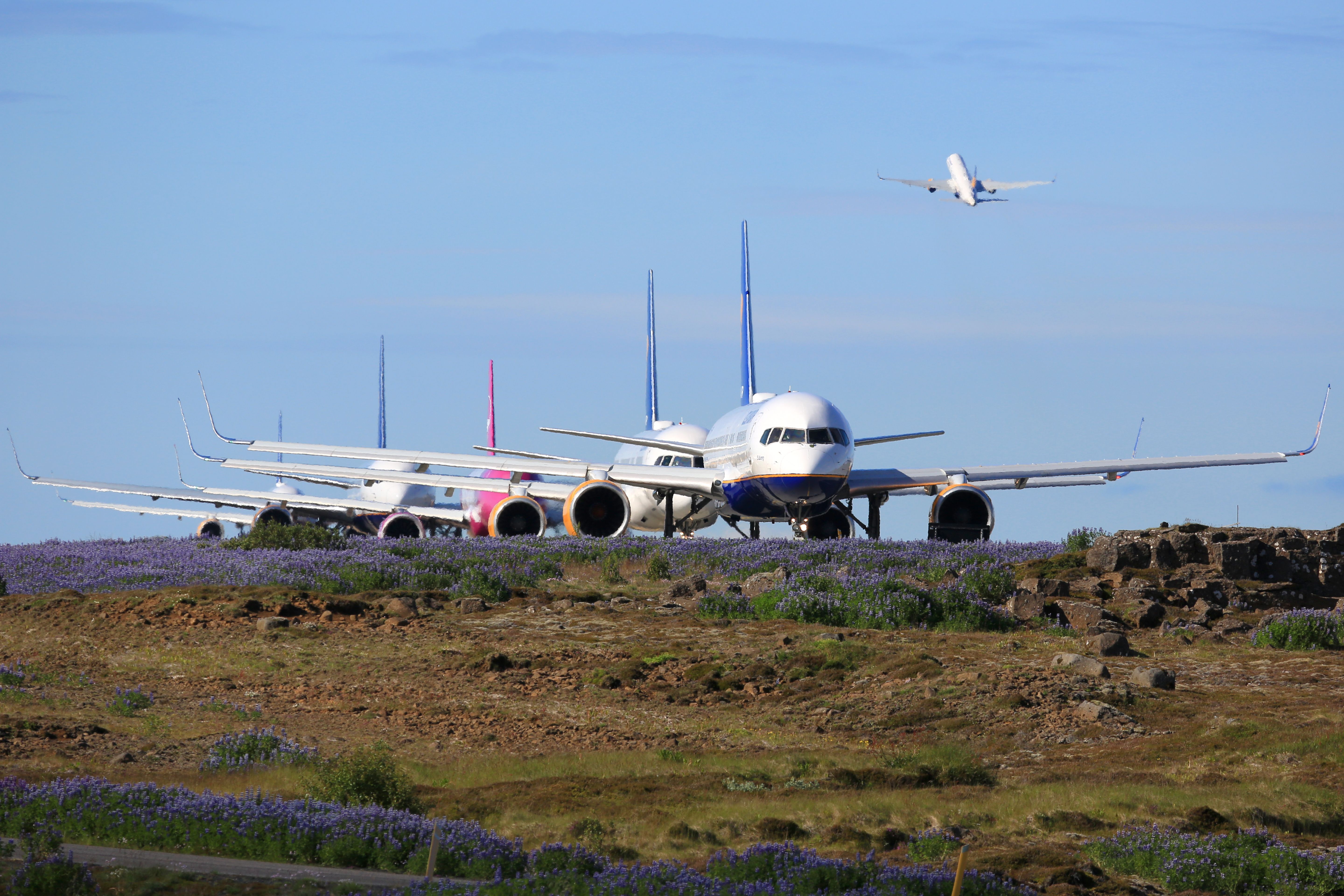
Related
WOW: 6,855 Flights Were Canceled On Friday Following Global IT Outage
Air France-KLM had to downsize operations.
Major US carriers, such as United Airlines and American Airlines, reported on Saturday that they had restored the majority of their operations. However, the carriers did face significant disruptions.
Delta Air Lines, along with its regional partners, had over 25% of its scheduled East Coast operations canceled. The airline faced delays in over 40% of its mainline operations, with another 25% of services canceled, while 40% of its regional services were canceled as well. Things were marginally better for the competitors, with United Airlines having 15% of its services canceled while American Airlines only 7.5%.
Photo: Vincenzo Pace | Simple Flying
However, not all airlines were affected equally.
The unaffected
While several US carriers were affected by the faulty software update, carriers such as Southwest and FedEx remained unaffected. The operators still utilize older Windows systems (Windows 3.1), which were not subject to the CrowdStrike software updates.
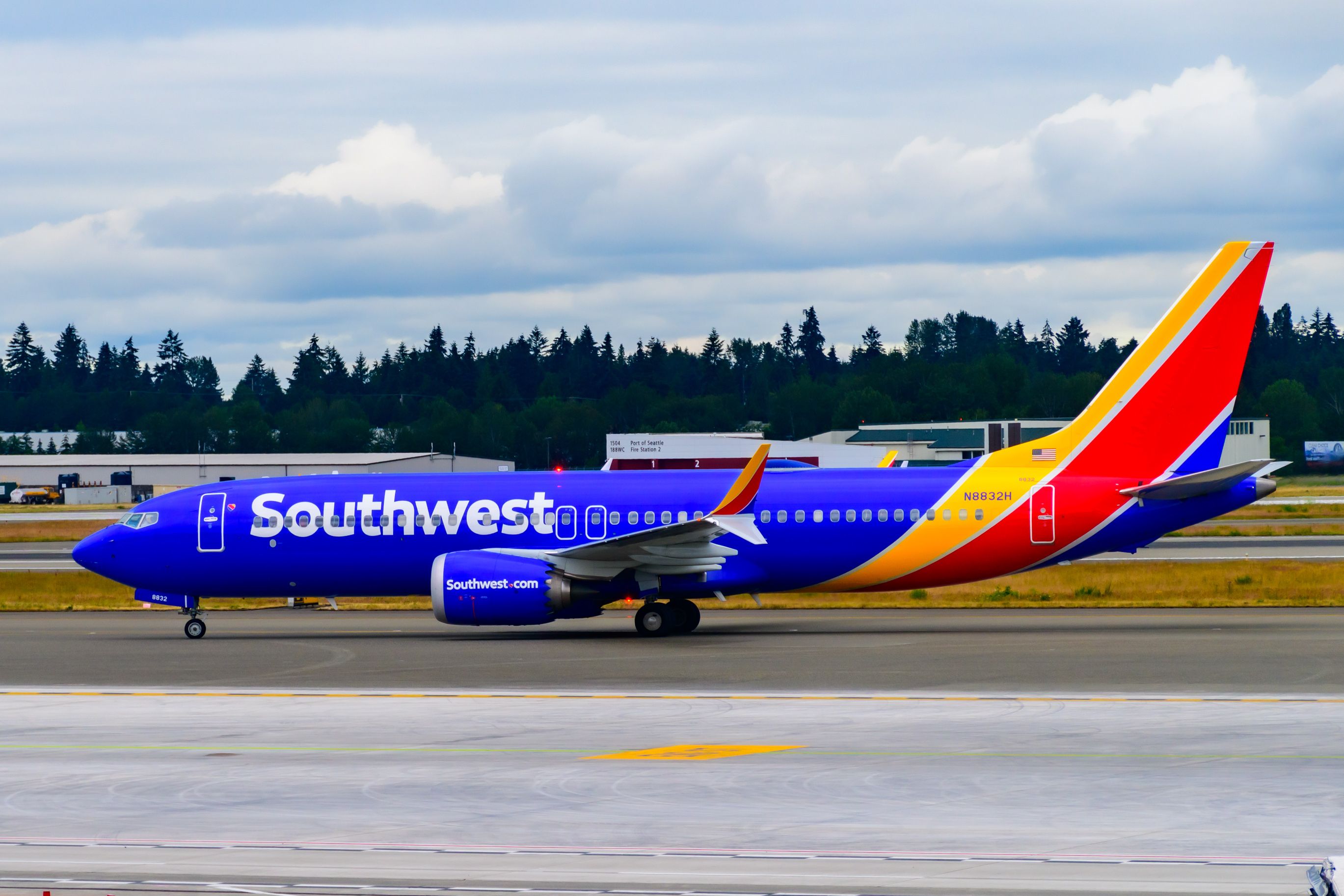
Related
Southwest Airlines Saved From Global IT Outage Thanks To 32-Year-Old Microsoft System
While many carriers were grounded or delayed, Southwest could continue functioning.
Elsewhere in the United Arab Emirates, despite the massive operations of carriers such as Emirates and Etihad, things were considerably better. Reports from Khaleej Times indicate that only 10 flights were canceled on Friday and Saturday. Four canceled flights out of 975 scheduled services on Friday and six canceled flights out of 986 scheduled services on Saturday, which accounts for a staggeringly low 0.5% of the total scheduled services across the two days.
While there were minor disruptions in airport operations, such as checking passengers in and sorting luggage, it is reported that, for the most part, operations across UAE airports remained unaffected.
It was also reported that Dubai International Airport (DXB) mostly faced issues in Terminals 1 and 2, where services were swiftly restored. Considering that DXB is the world’s busiest international airport and home to Emirates Airline, which operates its mega-connecter schedule using widebodies such as the Boeing 777s and the Airbus A380s, there could have been serious disruptions if the Airport or the Airline were affected significantly.
A global effect
Despite 8.5 million affected devices being less than 1% of all the devices currently running on Windows OS, it is clear from the past few days that the faulty update has had a cascading effect, disrupting various industries across the world. In an online post by Microsoft cybersecurity executive – David Weston, it was stated:
“While the percentage was small, the broad economic and societal impacts reflect the use of CrowdStrike by enterprises that run many critical services.”
While it is not an ideal situation, it still showed that the staff working within the aviation industry are professional and innovative enough to be flexible and help airlines and airports recover their services as soon as possible while still maintaining the highest standard of safety and security.
Other areas that were affected include the public transportation systems of major cities, border control/port of entry of countries, and even the health care industry.

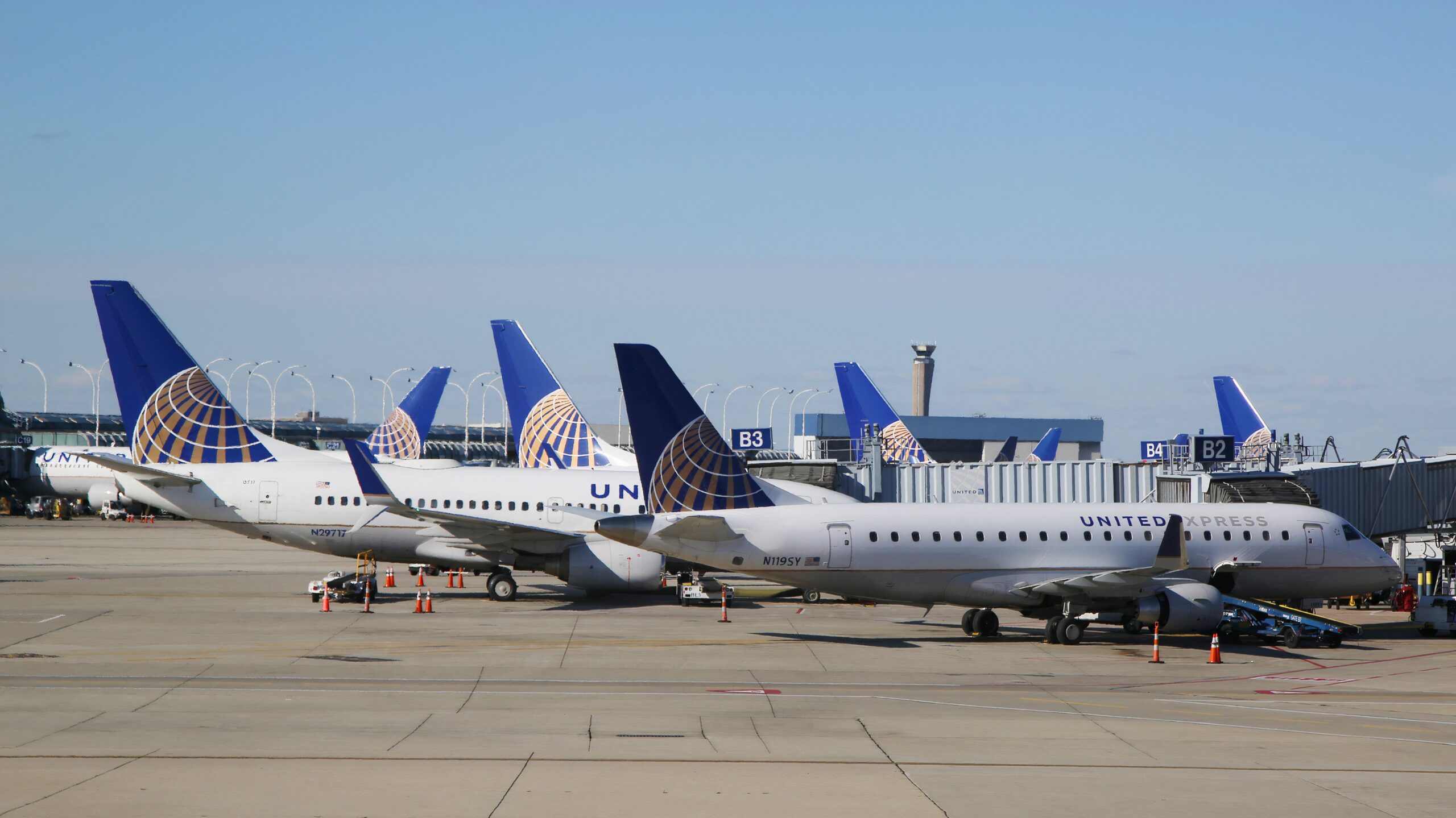
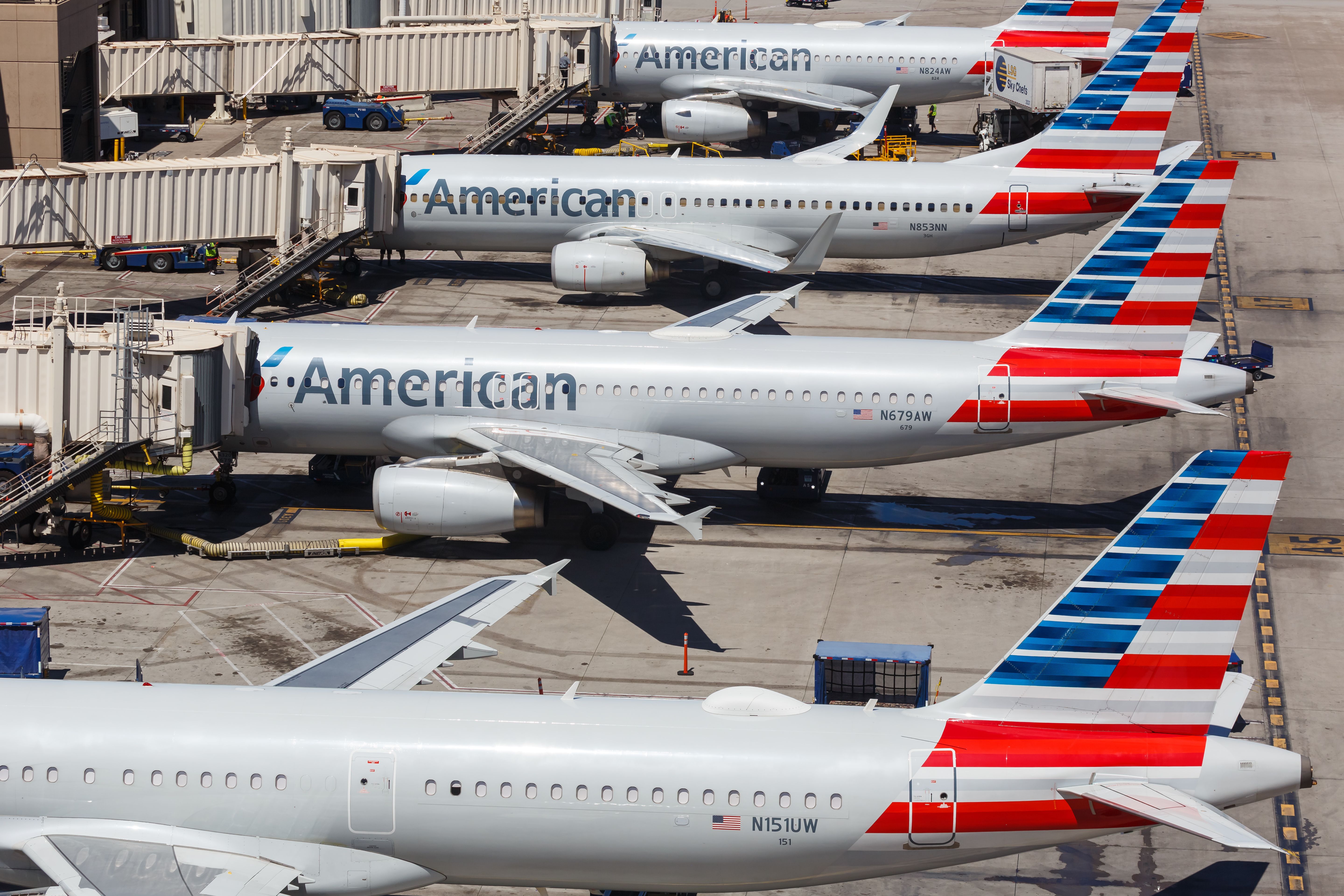
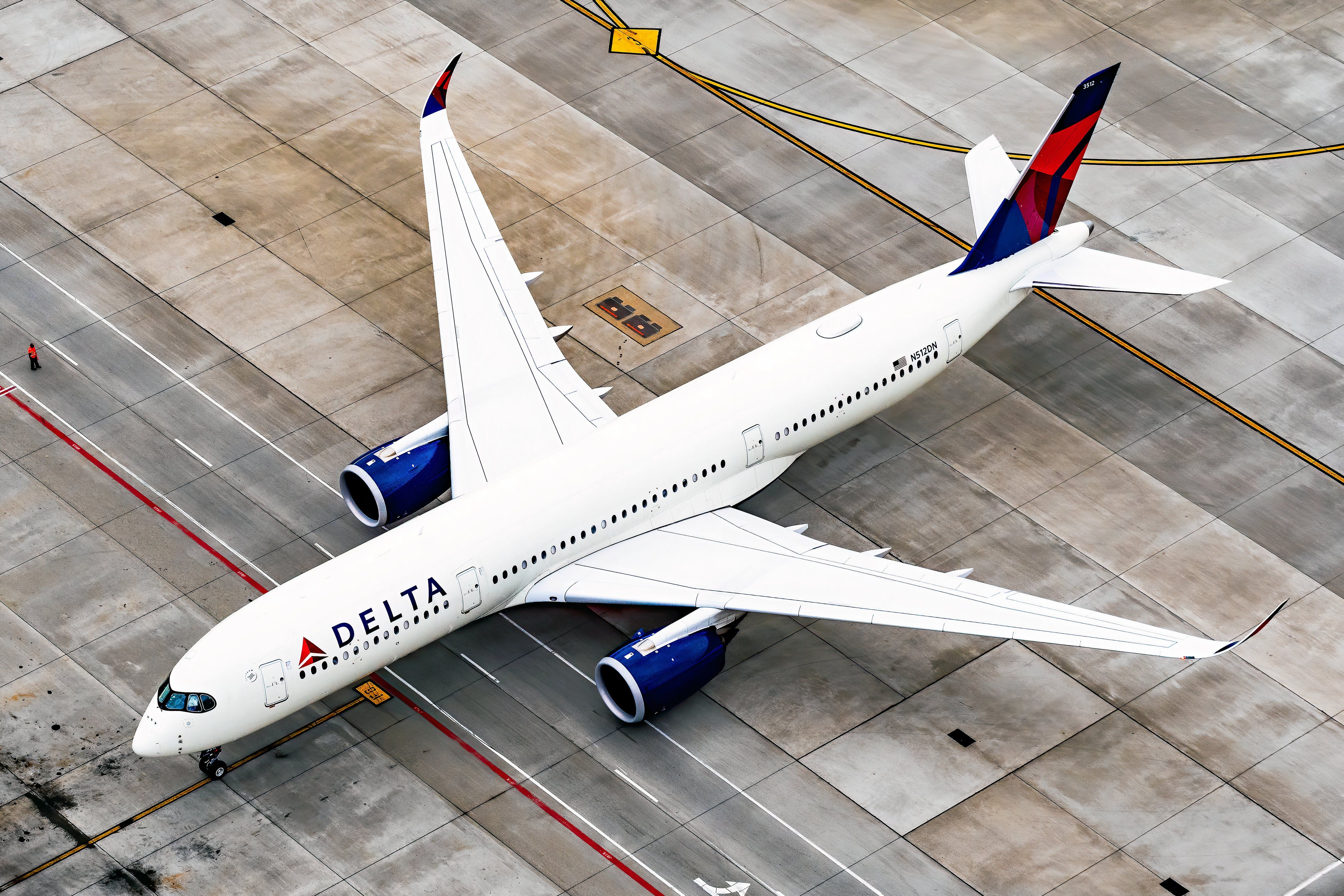
.jpg)